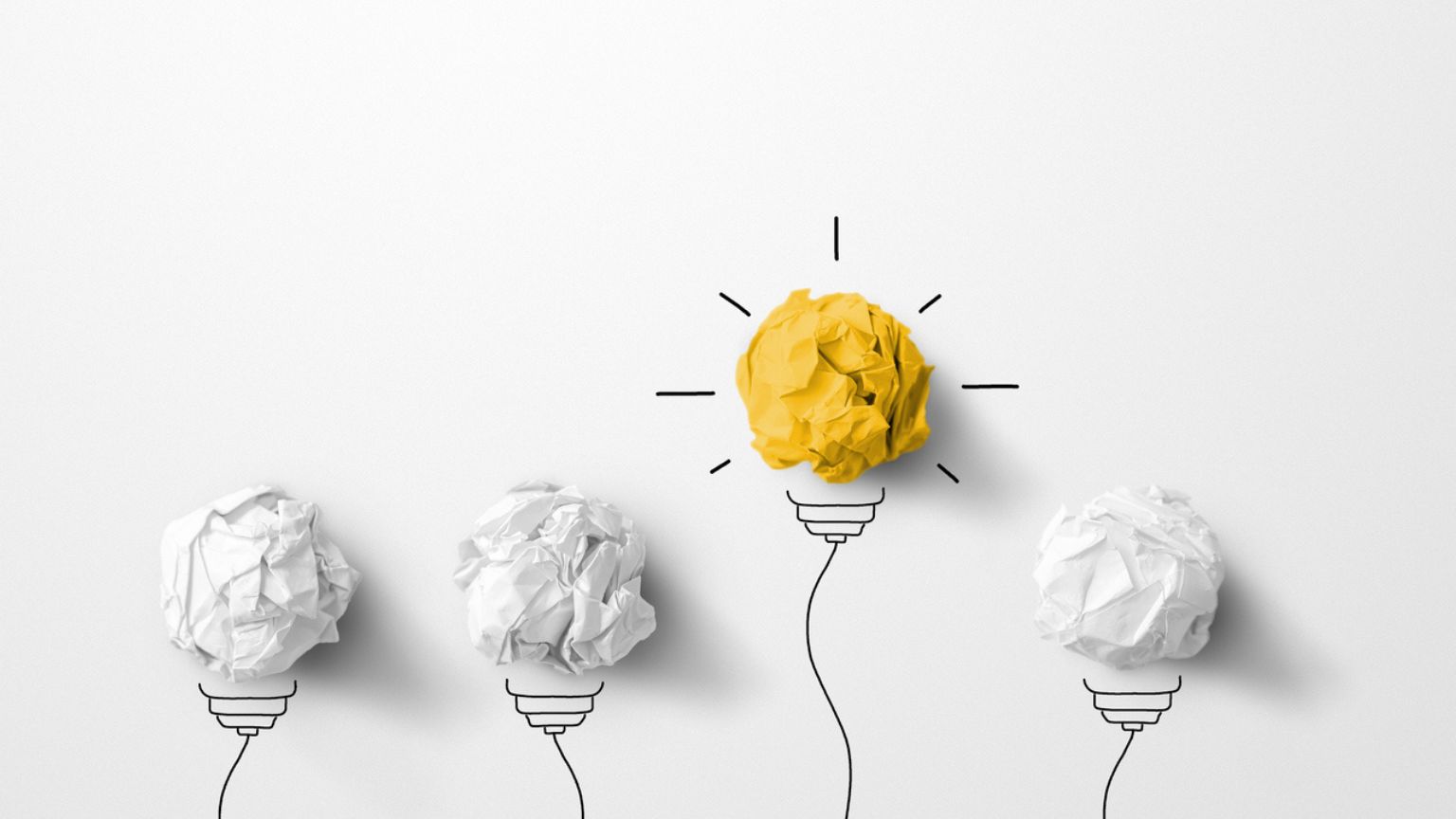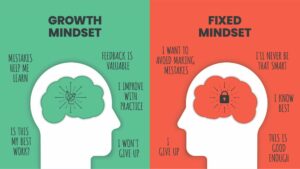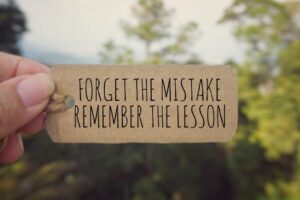Growth mindset vs fixed mindset – what are they and which leads to success? Dr Maurice Duffy, a renowned mindset strength expert and elite coach explains all
Think back to the first time you drove a car.
It may have seemed like a hopelessly complicated process: position your hands at 10 and 2, brake at the right times, follow all traffic laws, and keep an eye on other drivers.
You could have said, ‘I just don’t have it in me. Driving isn’t my thing’.
This would be a FIXED mindset way of thinking. But instead, you took the GROWTH mindset approach: you practiced, practiced, and practiced some more. Now, driving is probably second nature, something you can do while singing along to the radio.
What matters is how we look at the problems we face
Pretty impressive, right? When footballer Thierry Henry first moved to Arsenal, he was short on confidence and low on goals; in fact, he failed to score in his first eight games.
At the time, he said ‘I’ve literally had to go back to school and be re-taught everything about the art of striking’. He was willing to unlearn, relearn and then learn. He understood that he needed to work hard achieve results and success.
There will always be challenges and obstacles in life. Some more difficult and some less. What matters is how we look at the problems we face.
READ MORE: What is a positive mindset and why is it good for our health?
Are we looking with a fixed, or a growth mindset?
A fixed mindset is thinking your abilities are carved in stone. It’s a belief that you can’t change who you are and that you’re stuck with whatever genetics and surroundings offered you.
Failing means you’re not reaching your potential.
On the other hand, a growth mindset is thinking you can improve and develop over time. It’s knowing that your genetics and surroundings don’t define who you are, and that you can always improve yourself. Failure and setbacks give you growth and learning potential.
Michael Jordan is arguably one of the world’s greatest ever basketball players, maybe even the world’s greatest athlete and he offers an interesting insight into his mindset when he says
‘I have failed over and over and over again, and that is why I succeed.’
What does he mean by this sentence? Some say it highlights how setbacks motivated him to achieve more. Others suggest it shows that he doesn’t let failure dent his confidence.
we can try our best to put ourselves in the growth mindset every time we face a challenge
As well as these two answers, I like to think it highlights something more. Perhaps it shows that he understands failure is not the opposite of success, but part of success he fails and then learns the lesson why.
He might fail again for another reason, but he learns that lesson. He essentially goes through his life collecting lessons, and that is what helps him achieve his success.
Much of our understanding on Fixed and Growth mindset stems from the work of Stanford psychologist Carol Dweck, synthesized in her remarkably insightful Mindset: The New Psychology of Success — an inquiry into the power of our beliefs, both conscious and unconscious, and how changing even the simplest of them can have profound impact on nearly every aspect of our lives.
One of the most basic beliefs we carry about ourselves, Dweck found in her research, has to do with how we view and inhabit what we consider to be our personality.
We can’t control the circumstances and we don’t always get to choose what happens to us or around us. But we can try our best to put ourselves in the growth mindset every time we face a challenge or a setback.
READ MORE:‘Don’t tell me to cheer up’ – 10 positive mindset steps for your Mental Health
The twin brothers and their father
In a study on alcoholism, scientists found a particularly interesting pair of identical twin brothers who had an alcoholic father. Despite their identical genes and their presumably similar environments, they took a different path from one another.
One of the twins grew up to become an alcoholic, a homeless person on the street. But the other twin was much more successful, and someone who never took a sip of alcohol his entire life. They interviewed them both, hoping for insight as to why they ended up so different.
The alcoholic son told them: ‘Well, I grew up with an alcoholic father. Alcohol was in the house all the time and I saw my dad drinking. So I guess it was natural enough that I became an alcoholic, too’.
The son who was successful said: ‘Well, I grew up with an alcoholic father. Alcohol was in the house all the time and I saw my dad drinking. So I guess it was natural enough that I swore I would never be like that, and so I don’t drink!’.
the path they chose was different as a result of their mindset
The twins started in the same place, with the same circumstances. However, the path they chose was different as a result of their mindset.
The alcoholic twin looked at his father with a fixed mindset. He thought that because of his fathers influence as an alcoholic, he will become one as well. He was sure that his future was sealed and so he didn’t even stop to think, that maybe this could be a learning experience, on what he shouldn’t become.
The successful twin was looking at his father with a growth mindset. Just like his brother, he was also influenced by his father, but he saw the problems it was causing. And unlike his brother, he saw it as a learning experience of what he didn’t want to become. An alcoholic.
So he decided to act on it and he went down a very different road compared to his father and brother.
Mindsets are just beliefs…
and they’re powerful beliefs, but with enough dedication you can change them over time. Just knowing about the growth mindset and reminding yourself that your intelligence and skills can be developed over time, will yield amazing results.
Remember, we all have the power to choose. So will you choose a fixed mindset or a growth mindset? That is up to you.
HEALTHISTA’S ANSWER TO MENOPAUSE; MENOSTART: PRESS PLAY, NOT PAUSE.
The Healthista Menopause Pack is a fully comprehensive online video workshop, led by Dr Dawn Harper; affordable, accessible and covering all aspects of the menopause, for those who need it most.
With expert advice and information from seven credible menopause industry experts, we hope that this online resource will help women navigate common health and wellness changes and challenges they may experience before, after and during the menopause.
Like this article? Sign up to our newsletter to get more articles like this delivered straight to your inbox.























































